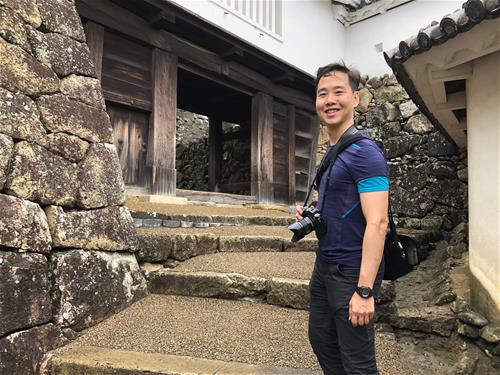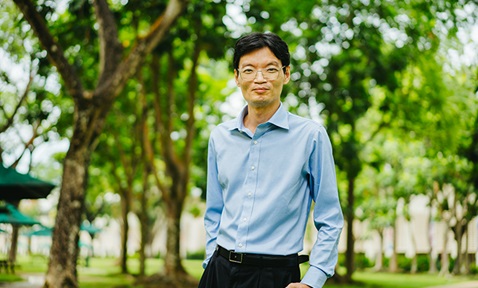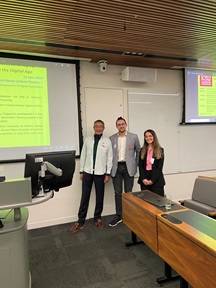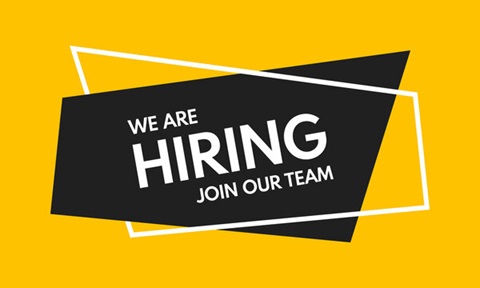Researcher in the Spotlight: Dr Michael Tan, Office of Education Research
The Cost of Kiasu Culture
Singapore might be a small red dot on the world map, but it is known for its world-class facilities and cosmopolitan city. For many years, Singapore has also constantly demonstrated to the world its educational excellence in terms of its international standing in PISA (Programme for International Student Assessment). Today, its education system is considered to be the best in the world. But at what cost did it take for the nation to be where it is now? OER Research Scientist Dr Michael Tan and author of recently published opinion-editorial piece “Can We Stop Being So Kiasu Already? On Classrooms, Culture, and Control” weighs in his thoughts on the concept of kiasuism in education.
For starters, kiasu is a term often used by locals in Singapore to describe someone who has a selfish attitude due to a fear of missing out on something. It derives from Hokkien, a Chinese dialect, and can be directly translated as afraid (kia) of losing out (su).
Q: Is being kiasu in education a negative or positive thing?
One of the things I love to tell my students is that “it depends”. Can we ever have mechanistic rules that determine the right thing to do for human affairs, just like a physical law that applies throughout the universe, across all time? I really doubt so. Perhaps the only thing that comes close is the golden rule: Do unto others what you’d want others to do unto you.
As for kiasuism in education, I can see how there are situations where it can be valuable. In our early post-independence history, the prevailing narrative has been one where we had to succeed, for instance. But, I do believe that at this point in time, we can certainly think more expansively about success and failure, especially when it comes to nurturing creativity. The penalties that await failure that drives kiasubehaviour also likely discourage creative risk-taking.
Q: If one of the reasons behind Singapore’s many successes lies in its kiasuism, do you think that without it, we may be a completely different country today? How so?
I am not so sure that Singapore’s success can be attributed to the kiasu mentality of its people. Geography, linkages to colonial Britain, an emphasis on rule of law, an excellent diplomatic service, and having more friends than enemies probably contributed more than being kiasu. I think it can be a harmful self-fulfilling prophecy to celebrate and remind ourselves of kiasu as it drives many of the worst aspects of Singaporean society.
The zero-sum, scarcity mindset, the lack of graciousness, the endless machinations to get ahead, the narrow definitions of success; all these behaviours should not be part of nurturing our children for the future. Some may argue that we have to expose them from an early age, but that argument is as correct as that which suggests that we should expose our children to drugs and alcohol from an early age to prepare them for their adulthood. Education can be a time where we prepare our children for futures that leave behind the unproductive quarrels of the old world for a new world that they will imagine, instead of them merely reproducing old struggles.
Q: Having worked with so many students in Singapore as part of your research study on makerspace education, what is the one thing that stood out most for you that best describes how our students – kiasu or not – learn today?
It would be too glib for me to repeat the screed about the ubiquity of information with the presence of the contemporary Internet. Yes, information is there, but education is not merely about information. It is about knowledge, and it is about wisdom: It is about understanding when it is appropriate that certain human desires are suppressed or encouraged; It is about understanding why one should do the things that we do.
Take for example the invention of the smartphone: Information exists about how many people may desire a pocket computer/phone hybrid, knowledge about how to make such a device is needed to make one, but whether we ought to have a surveillance device in everybody’s possession at all times is a completely different kind of question altogether. For students’ learning, these aspects of knowledge and wisdom persist in being the hardest to acquire, the hardest to teach, and the most overlooked as there are no easy quantitative measures of wisdom.
In schooling systems obsessed with measuring and showing progress, wisdom can get left behind when we forget that the things that count usually cannot be counted, even though we try very hard to make it countable. The sad thing is that if we succeed and measures are put in place, the kiasu culture practically ensures that Goodhart’s law is proven: When a measure becomes a target, it ceases to be a good measure.
On a more positive note however, there are many students who are getting educated in spite of the circumstances of schooling that can be challenging for them. With online communities, it is easier for students to feel that their social circumstances in schools are less permanent and final than for generations that existed prior to the age of social media. Students’ identities are more fluid – they are not “good/bad student”, but they can be “aspiring YouTuber”, “member of a gamer community”, or a participant in some other passion driven social group.















/enri-thumbnails/careeropportunities1f0caf1c-a12d-479c-be7c-3c04e085c617.tmb-mega-menu.jpg?Culture=en&sfvrsn=d7261e3b_1)

/cradle-thumbnails/research-capabilities1516d0ba63aa44f0b4ee77a8c05263b2.tmb-mega-menu.jpg?Culture=en&sfvrsn=1bc94f8_1)

7e6fdc03-9018-4d08-9a98-8a21acbc37ba.tmb-mega-menu.jpg?Culture=en&sfvrsn=7deaf618_1)




---cover.tmb-listing.jpg?Culture=en&sfvrsn=42ac239a_1)
.tmb-listing.jpg?Culture=en&sfvrsn=1ae40974_1)
